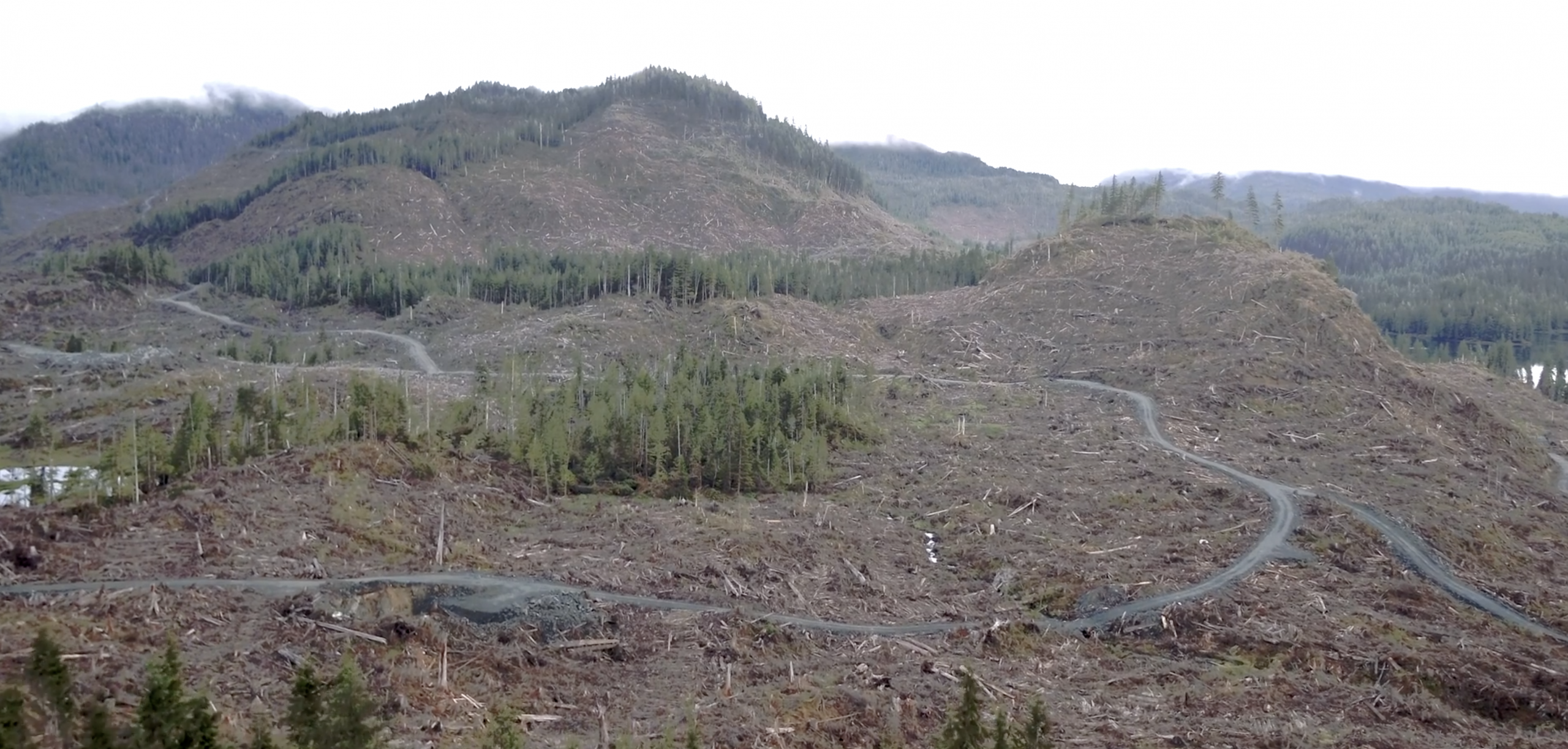Nathan Gardels is the editor-in-chief of Noema Magazine. He is also the co-founder of and a senior adviser to the Berggruen Institute.
Just as Brazil’s pro-development President Jair Bolsonaro — the “Trump of the Tropics” — threatens the Amazon “lungs of the planet” in the southern hemisphere, U.S. President Donald Trump — “the Bolsonaro of the North” — threatens the largest temperate rainforest and carbon sink in the U.S. A short documentary video in The WorldPost this week explains the challenge his effort to open up the Tongass National Forest in Alaska for development poses to the battle against climate change.
As these climate-change deniers advance their agenda, another political reaction to the “climate emergency” moralizing of the likes of Greta Thunberg is emerging from those who see disproportionate costs being imposed on working people by metropolitan liberals with radical solutions. This response first emerged in the eruption of the “yellow vest” protests in France over a fuel tax to combat climate change. Even in liberal Sweden, among other places, the right-wing populists who have thrived on an anti-immigrant agenda have now added what they consider the eco-elitism of climate activists to their enemies list.
Among those most vociferously fighting back against this narrative is California Governor Gavin Newsom, who points out that the state’s move toward reliance on renewable energy has actually fueled its present economic boom.
Nils Gilman sees a further twist taking place that would change the shade of green politics: the embrace of environmental issues by the far right that accepts the reality of man-made climate change. Indeed, Marine Le Pen’s National Rally in France has done just this, incorporating ecology into its nationalist blood and soil narrative.
As Gilman writes in The WorldPost this week, liberals have thought that if they “could convince conservatives of the reality of global warming, then naturally it would follow that these converts would embrace the kinds of solutions that liberals had long been proposing for dealing with it: mandatory emissions curbs, carbon taxes, fuel-efficiency standards, green-tech investments and maybe even a Green New Deal.” “Unfortunately,” he continues, “this line of reasoning about the right’s post-denial climate politics overlooks the possibility that there might be a very different and distinctly illiberal set of policy proposals” that they bring to the table.
Gilman calls this set of policy proposals “avocado politics,” a reverse nod to the “watermelon politics” moniker first assigned to European environmentalists in the 1970s and later to the likes of Alexandria Ocasio-Cortez who are seen as green on the outside, but with a socialist-oriented “red” agenda on the inside.
“Avocado politics is the parallel phenomenon of the right: Green on the outside, but brown(shirt) on the inside. Just as watermelon politics repackaged the political wish list of the left on the basis of the environmental crisis, so avocado politics reiterates the policy agenda of the far right, but now justified on the basis of the environmental crisis.”
Gilman’s worry is that the growing sense of urgency around climate could just as easily empower an exclusive populist movement instead of an inclusive agenda. As he sees it, the primary commitment of alt-right environmentalists would be to “maintain the lifestyle and relative social position of the North Atlantic middle class, while at the same time addressing the reality of anthropogenic climate change.”
For Gilman, these will be the three main characteristics of such a movement:
Highly anti-immigrant. After all, the single fastest way to increase anyone’s carbon footprint is to move him or her from the global south to the global north. That’s one reason why the Sierra Club was one of the fiercest anti-immigrant organizations in America until the 1990s. Likewise, in the face of the inevitable rising tide of climate refugees, the response will be to harden and even militarize the border. …
Militaristic. It will be explicitly focused on controlling scarce natural resources and ensuring that they are conserved for the use of the incumbent North Atlantic middle and upper classes.
Highly antagonistic to Chinese and African development. The prospect of a billion Chinese trying to consume like North Americans or Europeans is clearly unsustainable. African developmental ambitions will also have to be suppressed. …
As Gilman notes, “all of these policy proposals are already in place on the far right. The environmental crisis will simply provide a new set of justifications for them and a new way to do political outreach.”
To avoid Gilman’s all-too-readily imaginable scenario from taking hold, a green politics that effectively rolls back climate change must occur at a scale and stride individuals and communities alike can manage, while ensuring that the burdens and benefits of climate policies are equally distributed, both within societies and globally. Balancing short-term costs and long-term consequences amid all these virulent political crosswinds make effective climate action one of the most daunting challenges ever posed to the governance of human affairs.





